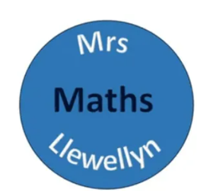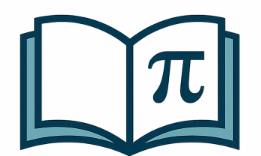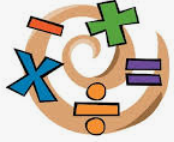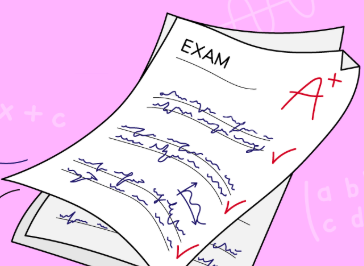
GCSE Mathematics
GCSE Mathematics Overview
- All students in England, Wales, and Northern Ireland study GCSE Mathematics.
- Exams are taken with exam boards such as AQA, Edexcel (Pearson), or OCR.
- Assessment is 100% exam-based (no coursework), usually split into three papers:
- Paper 1 – Non-calculator
- Paper 2 – Calculator
- Paper 3 – Calculator
- Each paper is worth one-third (80/240) of the final grade.
Tiers of Entry
Students are entered into one of two tiers, which determine the range of grades available.
Foundation Tier
- Grade range: 1–5
- Students cannot achieve grades 6–9 at this tier.
- Content covers: number, ratio and proportion, algebra basics, geometry and measure, statistics, probability.
- Focuses more on core skills, fluency, and problem-solving with everyday contexts.
Higher Tier
- Grade range: 4–9
- Students cannot achieve grades below 4 (though “U” is possible if the paper is too low-scoring).
- Content covers all of Foundation plus more advanced topics: surds, functions, quadratic inequalities, iterative methods, trigonometry in detail, vectors, circle theorems, and more complex probability/statistics.
Grade Equivalents
- Grade 4 = standard pass (comparable to old grade C).
- Grade 5 = strong pass (higher than old C, closer to B).
- Grades 7–9 = the top end (Grade 9 is higher than the old A*).


